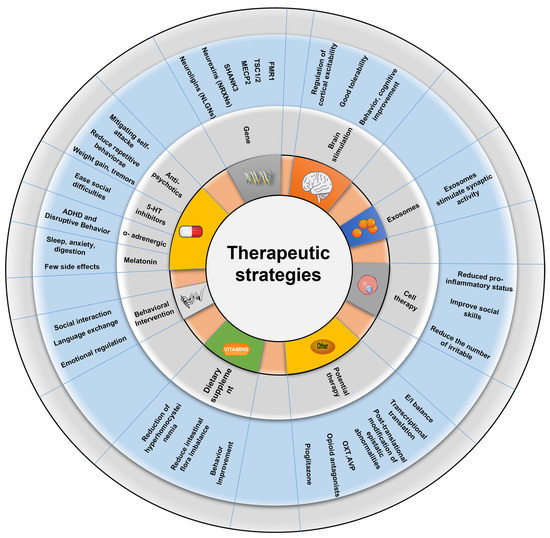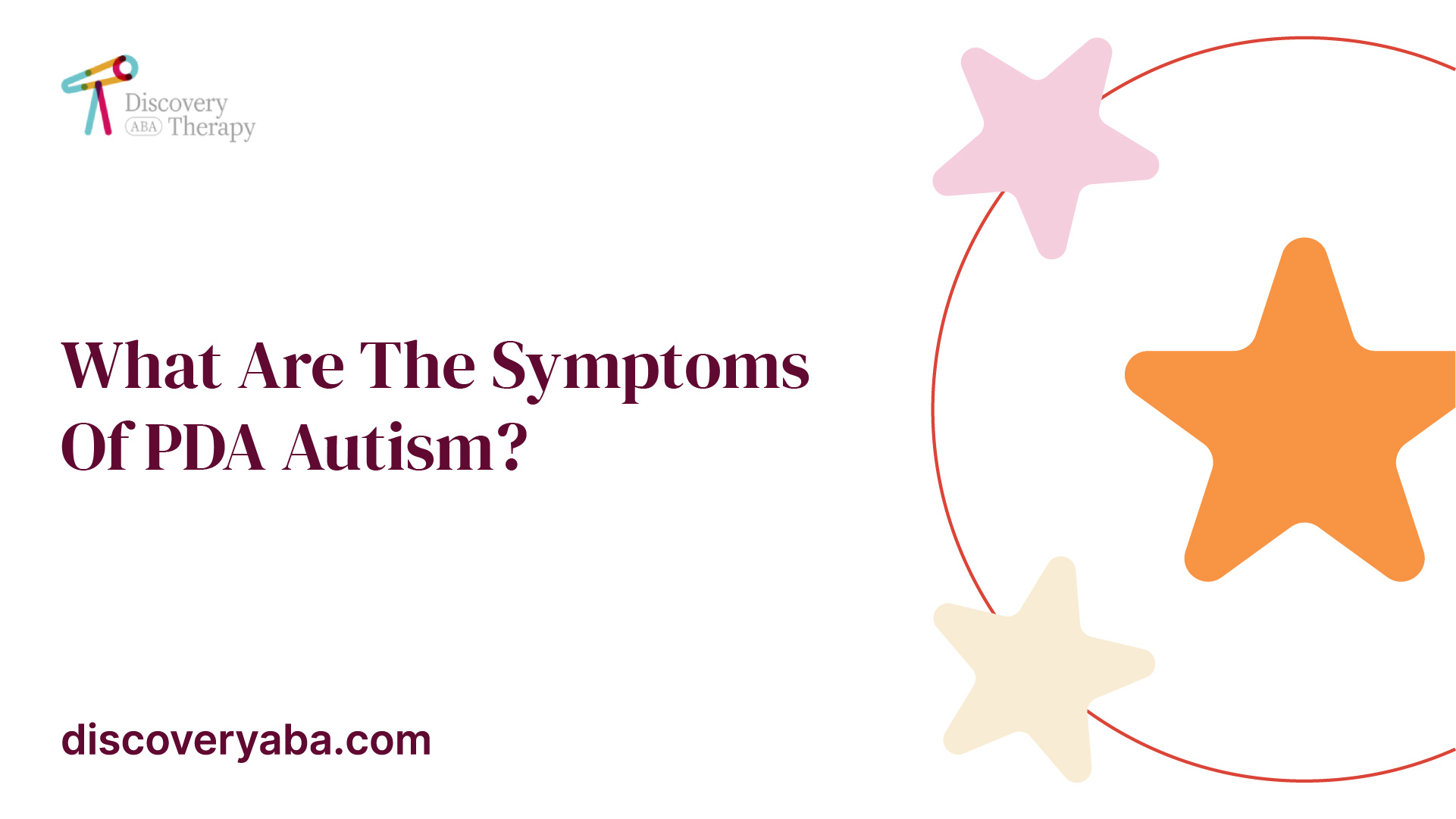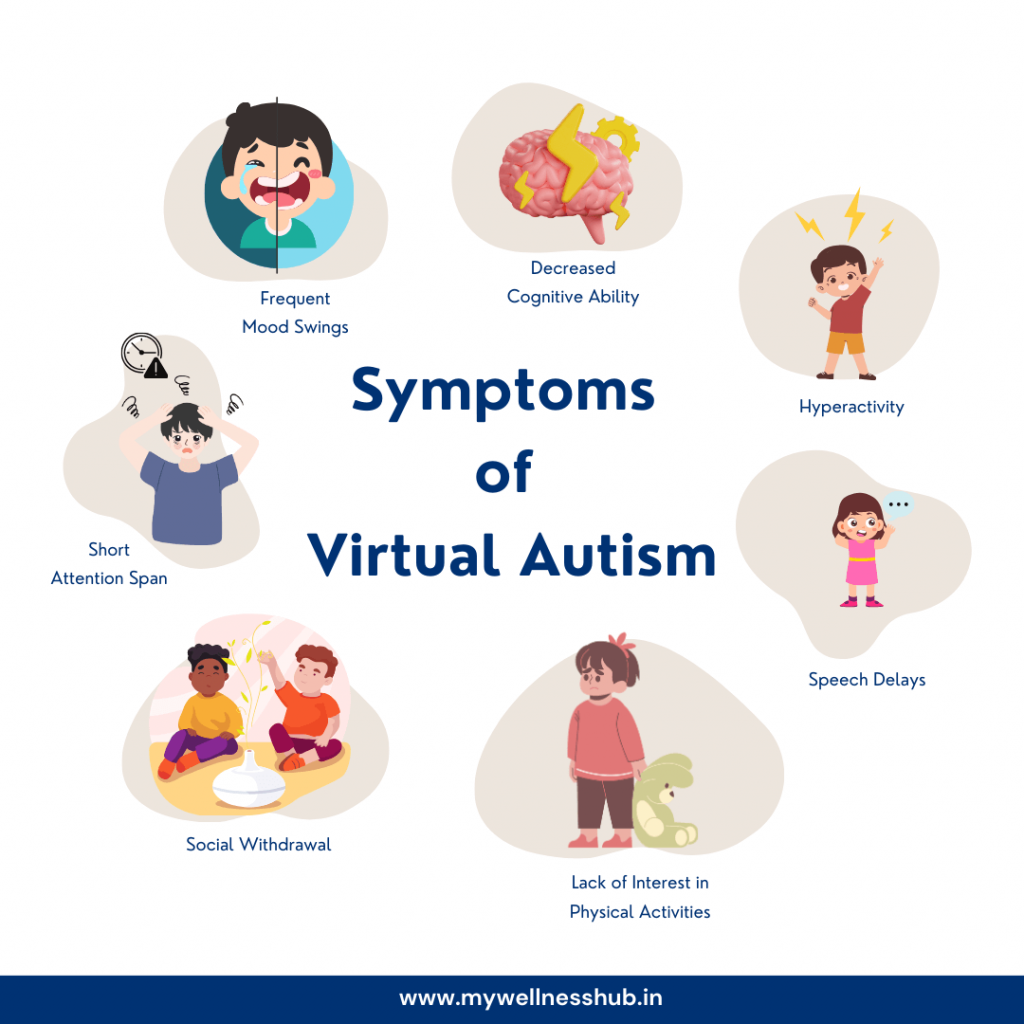What to expect when working with an Autism Behavioral Therapy practitioner
What to expect when working with an Autism Behavioral Therapy practitioner
Blog Article
Comprehending the Effect of Behavioral Autism on Daily Life and Social Interactions
You might not understand just how deeply behavior autism influences everyday life and social interactions. Individuals on the range usually browse a globe filled up with interaction obstacles and sensory overload. These obstacles can lead to frustration and isolation, affecting their relationships and general well-being.
Specifying Behavioral Autism and Its Characteristics
Behavior autism, frequently referred to as autism spectrum condition (ASD), incorporates a variety of conditions identified by difficulties in social interaction, communication, and repeated behaviors. You could notice that individuals with ASD frequently struggle to translate social hints, which can result in misconceptions in conversations. They may discover it difficult to develop eye contact or take part in small talk, making social scenarios really feel overwhelming.
Interaction problems can show up in various means, from delayed speech advancement to a preference for using less words. Repetitive habits, such as hand-flapping or rocking, can function as coping devices to take care of anxiety or sensory overload. These characteristics can profoundly affect every day life, making it essential for you to understand and support those with ASD. By recognizing these qualities, you can promote an atmosphere that advertises acceptance and encourages effective interaction, helping individuals with autism flourish in their day-to-day interactions.
The Spectrum of Autism: Understanding Irregularity in Behavior
Autism range disorder (ASD) isn't a one-size-fits-all medical diagnosis; it differs commonly among individuals. You could see that some people with ASD show moderate signs, while others might face a lot more considerable challenges. This variability can show up in behaviors, interests, and sensory sensitivities. You may encounter individuals that are extremely verbal and involve conveniently in conversations, while others could choose singular tasks or communicate non-verbally.
Furthermore, the method individuals with ASD react to sensory input can differ considerably; some may be overwhelmed by loud noises or brilliant lights, whereas others grow in boosting settings. The range likewise consists of distinctions in social interactions; some people may have a hard time to interpret social hints, while others navigate social settings with loved one simplicity. Recognizing this variability is important, as it assists you value everyone's distinct experience and dressmaker assistance to their particular demands, cultivating an extra inclusive atmosphere for everyone.
Interaction Challenges Faced by Individuals With Autism
When you communicate with people on the autism spectrum, you might observe their special communication obstacles. They typically encounter difficulties with both nonverbal and spoken hints, which can impact their social interactions. Comprehending these obstacles is important for promoting better connections and assistance.

Verbal Communication Troubles
Many people on the autism range experience verbal communication troubles that can considerably impact their everyday interactions. You may locate it testing to share your ideas, sensations, or requires plainly. This can bring about disappointment for both you and those around you, as misconceptions take place. You may battle with launching discussions, keeping a subject, or understanding nuances in speech. Usually, you could prefer using straightforward language or repetitive expressions, which can restrict your capability to take part in deeper conversations. Your tone, volume, or rate might not straighten with social expectations, causing others to misinterpret your intentions. Identifying these difficulties can help you and your assistance network develop strategies to enhance interaction and foster far better connections with others in your day-to-day live.
Nonverbal Interaction Barriers
Spoken interaction isn't the only difficulty individuals on the autism range face; nonverbal communication obstacles can be simply as considerable. These obstacles can lead to misconceptions or misinterpretations of social hints, making communications feel overwhelming or complex. By dealing with nonverbal communication, you can discover methods to enhance your social experiences and boost your overall top quality of life.
Social Communication Effects
Social interactions can commonly feel overwhelming due to the unique interaction difficulties dealt with by people with autism. Identifying these challenges can help you locate strategies to enhance communication, such as practicing social abilities in secure setups or using visual aids. Recognizing your demands permits you to browse social interactions with greater self-confidence and simplicity.
Social Communication and Connection Building in Autism
While building connections can be testing for people with autism, understanding their one-of-a-kind point of views and communication designs can cultivate significant connections. You may notice that many individuals on the spectrum prefer direct communication and may have problem with social hints or little talk. By being simple in your interactions, you can aid create an environment where they feel comfy.
Make the effort to observe and pay attention just how they reveal themselves. This understanding can lead you in steering discussions better. Engaging in shared interests can additionally function as a bridge to deeper links. Whether it's a hobby, a favored show, or a shared passion, these usual strings can open up doors to friendship.
Life Routine: Navigating Obstacles and Strategies
Maneuvering life routines can be particularly testing for individuals with autism, specifically when unanticipated adjustments happen. You may discover convenience in having an organized schedule, as it he has a good point aids you anticipate what's following. It's typical to really feel nervous or overloaded when disruptions occur. To navigate these obstacles, take into consideration applying visual routines or checklists. These tools can provide clearness and peace of mind.
Developing a regimen that includes sensory breaks can also be useful. You can prepare short breaks throughout your day to recharge. It's important to interact with those around you, letting them recognize your demands and choices. This aids produce an understanding environment.
Finally, practice mindfulness techniques to handle tension and anxiety. Simple breathing workouts or grounding techniques can make a significant difference. By incorporating these approaches, you can improve your daily regimen and minimize interruptions, making life feel a lot more manageable.
Toughness and Abilities of Individuals on the Autism Range
Comprehending daily life regimens is simply one element of the autism experience. Lots of people on the autism spectrum have amazing toughness and capabilities that set have a peek here them apart.
Additionally, your memory abilities usually beam, especially in areas of interest. Aba Therapist Near Me. This flair for keeping details can make you a beneficial resource in areas like technology, art, or science. You might also exhibit solid visual reasoning, enabling you to imagine intricate principles and address issues creatively
Additionally, your distinct perspective on the globe can promote compassion and understanding in others, improving social interactions. Welcoming these strengths not just improves your self-confidence yet also aids others appreciate the diverse talents you offer the table.
Producing Inclusive Settings for People With Autism
Developing comprehensive environments for people with autism begins with creating sensory-friendly rooms that deal with their special demands. You can also cultivate opportunities for social interaction, aiding to build links and friendships. By making these changes, you'll add to a more welcoming environment for everyone.
Creating Sensory-Friendly Spaces
While designing sensory-friendly rooms, it's essential to reflect on the distinct requirements of people with autism. Include quiet areas where individuals can pull back and charge when overwhelmed. Include visual schedules or clear signs to help people browse the room with confidence.
Advertising Social Communication Opportunities
Designing sensory-friendly rooms not just addresses specific comfort but additionally establishes the phase for significant social interactions among individuals with autism. To advertise these Home Page interactions, create inclusive settings that welcome participation. Organize structured tasks, like art classes or team video games, that encourage partnership without frustrating sensory input. Use visual aids and clear communication to assist everybody engage pleasantly. Motivate peer mentoring, matching individuals with autism with helpful peers that can assist them with social situations. Additionally, take into consideration organizing regular area events that celebrate neurodiversity, promoting acceptance and understanding among all participants. By executing these methods, you can improve social chances, assisting people with autism build relationships and strengthen their social abilities in a safe, inviting atmosphere.

Frequently Asked Inquiries
How Can Buddies Support Somebody With Behavioral Autism?
You can support a good friend with behavioral autism by holding your horses, paying attention proactively, and appreciating their limits. Involve in tasks they enjoy, communicate freely, and produce a comfortable setting where they feel valued and comprehended.
What Resources Are Readily Available for Parents of Children With Autism?
You can explore various sources for moms and dads of youngsters with autism, including support system, academic internet sites, and local social work. Connecting with various other moms and dads can also offer important understandings and shared experiences to aid browse difficulties.
Can Behavioral Autism Modification Gradually?

Yes, behavioral autism can change with time. You may observe shifts in communication, social abilities, and habits as your child expands. Early treatment and assistance typically play crucial roles in these developing changes.
Exactly How Do Sensory Level Of Sensitivities Affect Day-to-day Live?
Sensory sensitivities can make day-to-day experiences overwhelming. You may deal with brilliant lights or loud sounds, resulting in stress or avoidance. Discovering settings that fit your needs can greatly improve your comfort and general day-to-day life.
What Prevail Misconceptions Regarding Behavioral Autism?
You may think behavioral autism only affects interaction abilities, yet it's even more complex. Many think individuals do not have empathy or intelligence, which isn't true. Understanding these misunderstandings assists foster approval and assistance for those on the spectrum.
Behavioral autism, commonly referred to as autism range problem (ASD), encompasses a range of problems characterized by challenges in social communication, communication, and repeated behaviors.Social communications can usually feel frustrating due to the distinct communication difficulties encountered by individuals with autism.Designing sensory-friendly areas not just addresses individual convenience however also establishes the phase for purposeful social interactions among individuals with autism. Urge peer mentoring, pairing individuals with autism with supportive peers that can lead them through social scenarios. By implementing these methods, you can enhance social possibilities, aiding people with autism develop friendships and strengthen their social abilities in a safe, welcoming environment.
Report this page